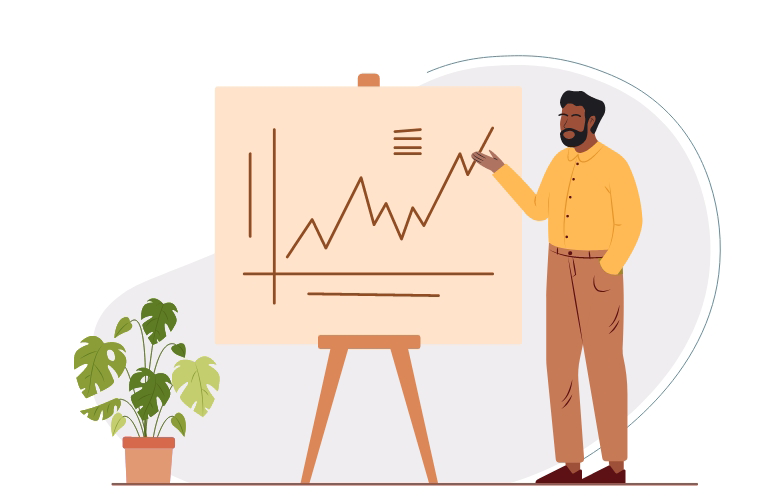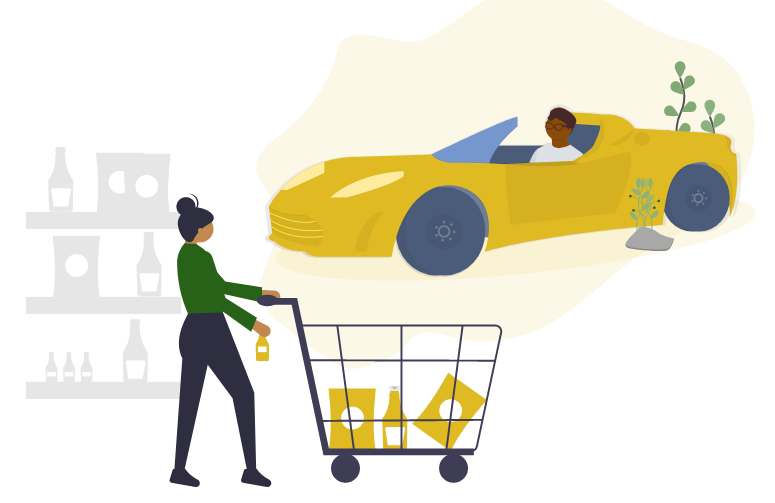Annual consumer inflation in South Africa increased to 7.4% in June 2022 from the previous 6.5% in May 2022, driving the rise in transport and food prices. This is the highest reading since May 2009 which was recorded at 8% when the economy faced depreciation in its currency during the global financial crisis.
The South African Reserve Bank Monetary Policy Committee has announced the increase of rates by 75 basis points which is the highest rate hike since September 2002. This pushes the repurchase interest rate to 5.5% from the previous rate of 4.75%. This increase follows as the SA Reserve Bank has increased its rates for the 5th time since November 2021.
You can read about the statement here. https://www.resbank.co.za/en/home/publications/publication-detail-pages/statements/monetary-policy-statements/2022/Statement-of-the-Monetary-Policy-Committee-July-2022
The SA Reserve Bank Governor said the following:
The upside risk to the inflation outlook on the back of rising fuel and food prices is one of the main reasons behind the bank’s latest decision.
Over the years the SA Reserve Bank implements measures and policies within its power to ensure price stability in the South African economy, as the Bank aims to protect the strength of the South African Rand.
The response comes from the SA Reserve Bank as unrest and uncertainty of social unrest in other parts of the world has accelerated the pace of increases caused and driven by the rising cost of fuel.
Our assessment now is that this inflation risk is no longer transitory, but that there is persistence that is emerging,
But that doesn’t mean that inflation is permanent. If the persistence is rising in inflation, you can rest assured the South African Reserve Bank will act, with scale, timeously, to protect the income of South Africans.
The biggest contributor of inflation as seen by recent data has been the transportation costs, which links to the increase of all prices. The barrel price for fuel has leaped over the 100 dollars a barrel mark.
The SA Reserve Bank Governor highlighted that the increase comes from the context of cost push inflation because of the rising cost of fuel, and of course the rising food prices as well.
The announcement that came from the government in the national treasury is that the government’s intervention regarding some of the taxes, where they would halt some administrative taxes as it relates to the current cost of fuel. The intervention does come as some relief, but South Africans are still feeling the grunt of the inflation costs.

Fuel prices as of 06 July 2022 are standing at an all-time high:
| Type | Cost per litre |
|---|---|
| Petrol Unleaded 93 | R26.31 |
| Petrol Unleaded 95 | R26.74 |
| Petrol LRP | R26.31 |
| Diesel 500ppm | R25.40 |
| Diesel 50ppm | R25.53 |
*fuel prices supplied by https://aa.co.za/fuel-pricing/
Certain industries are heavily affected by the cost push inflation as seen in the increase of fuel prices, where these industries include farmers and manufacturers in the supply chain that feed goods and services directly to South African consumers.
The rising concern is that households and individuals are suffering from the cost of living, as wages have remained the same before inflation. Inflation rates also link to other services like vehicle and home repayments increasing from variable interest rates. Consumer trends are now showing that households are bulk-buying goods to tighten their monthly spending budget to off-set the increases.
